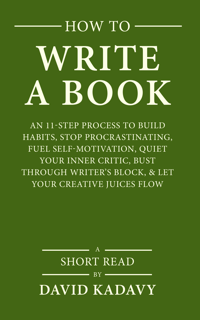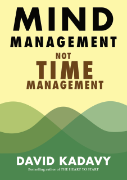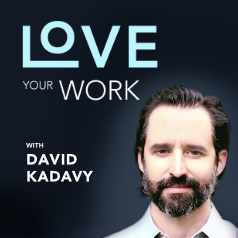Subscribe to blog updates via email »
Love Your Work, Episode 47 – Getting the most out of email: Jocelyn K. Glei
 Jocelyn K. Glei is author of the new book, Unsubscribe: How to Kill Email Anxiety, Avoid Distractions, and Get Real Work Done. It’s an awesome book that I really wish I had when I was first trying to get things done with email in the working world. I’ve since gotten my email decently organized, just through learning the hard way. Still, Unsubscribe had some very useful ideas and tools for me, I’ll be exploring it all in my conversation with Jocelyn today.
Jocelyn K. Glei is author of the new book, Unsubscribe: How to Kill Email Anxiety, Avoid Distractions, and Get Real Work Done. It’s an awesome book that I really wish I had when I was first trying to get things done with email in the working world. I’ve since gotten my email decently organized, just through learning the hard way. Still, Unsubscribe had some very useful ideas and tools for me, I’ll be exploring it all in my conversation with Jocelyn today.
Listen to this episode to learn how you can keep email from distracting you from your important work, how can you use it to move projects forward, to build relationships with influential people, and how can you use it in a way that will nurture the relationships that you do have?
If you’ve been wondering: should you make your bed?, Jocelyn shares her philosophy.
Sponsors
WP Engine: Grow out of the scarcity mindset, and grow out of your $5-a-month hosting plan. WP Engine costs way less than your cable bill! Learn more at wpengine.com/lyw

WANT TO WRITE A BOOK?
Download your FREE copy of How to Write a Book »
(for a limited time)
Treehouse: Take your career to the next level with 1000’s of training videos from experts. Treehouse is offering our listeners a free trial. To claim your free trial, and support the show, just go to https://kadavy.net/treehouse
Audible: Choose from over 180,000 audiobooks on any subject you can imagine. Claim your free audiobook at https://kadavy.net/audible
Subscribe to Love Your Work
Listen to the podcast episode
- Listen in iTunes >>
- Download as an MP3 by right-clicking here and choosing “save as.”
- RSS feed for Love Your Work
Show Notes
Why is email distracting?
- It gives us a variable reward – as seen in the rat studies of B.F. Skinner – and that gets us hooked on checking it even when it’s not to our benefit.
- It ends up intruding on our to do list – on our other priorities.
- It also gets gamified with the concept of inbox zero, which gives us a goal to strive toward that doesn’t necessarily lead to effective use of email.
- There’s so much email we can’t be expected to give our full attention to all of it.
How do you manage email overload?
- Mentally prioritize who your VIPs are: VIPs, key collaborators, fun but not urgent, randoms.
- How quickly do you want to respond to these various groups of people?
- Reactive vs. Batchers. Batchers are more productive, happier, and less stressed.
- If you expect an email from a VIP, that exposes you to being distracted by irrelevant emails.
- My favorite tip: Set contacts as VIPs to get smartphone notifications only for specific contacts.
- Set expectations with bosses and teammates about just how responsive you’ll be to their emails.
- Add “+whatever” to your gmail handle (email+whatever@gmail.com) to set up filters, and track nefarious use of your email.
- Use EasilyDo for one-click unsubscribe.
How to move projects forward with email
- Mantra: “Always try to close the conversation.” Offer up as much information as you can to close the loop.
- When working with decision-makers, propose a solution, rather than asking a question, so they can just say “yes” or “no” and keep the project moving.
- Set up Calendly or ScheduleOnce to make it easy for people to book appointments with you.
- Don’t brainstorm on email.
- If a brainstorm email thread breaks out, compile the ideas in a Google Doc, and suggest a meeting.
- Use distinct and descriptive subject lines for different conversation threads. Change the subject line when responding, or send separate emails for separate issues.
How to build and manage relationships through email
- Make sure both parties are interested before making an email introduction. It’s a little extra work, but it avoids some really awkward and aggravating situations. This is especially true for friends and contacts who you know are already getting lots of request for their time.
- Lead with the ask when emailing to ask for a favor.
- Position requests in a way that they benefit who you’re asking. Example: if you want to have them on your podcast, talk about how you’ll promote their work, and why you’re a good person to help them. Use Boomerang or Followup.cc to remind yourself at an appropriate date (such as to align with a book launch), if necessary.
- Try the “slow burn” strategy of being around to help influential people. This is more effective than just requesting something from them out of the blue.
Links & resources



